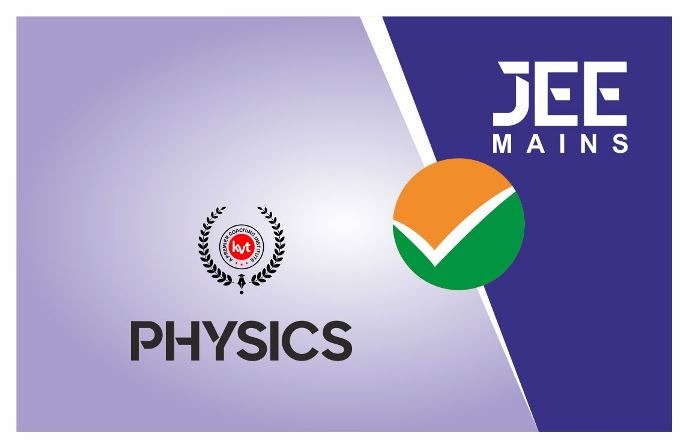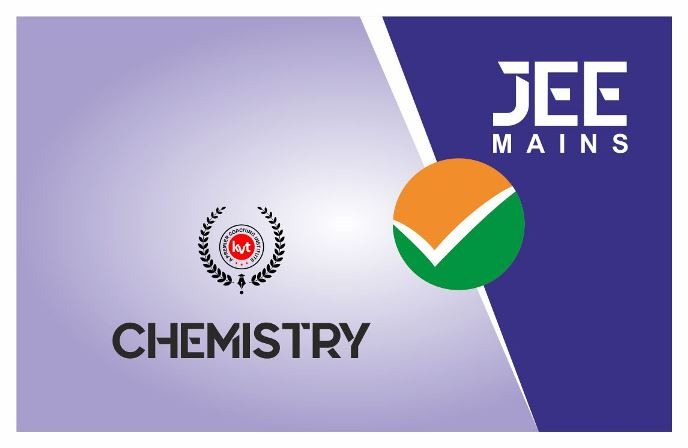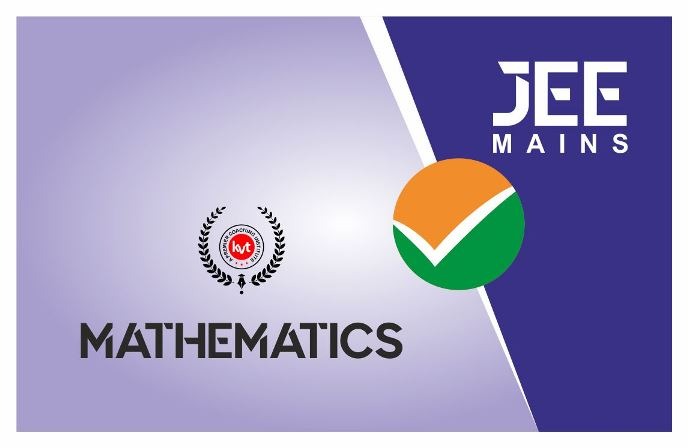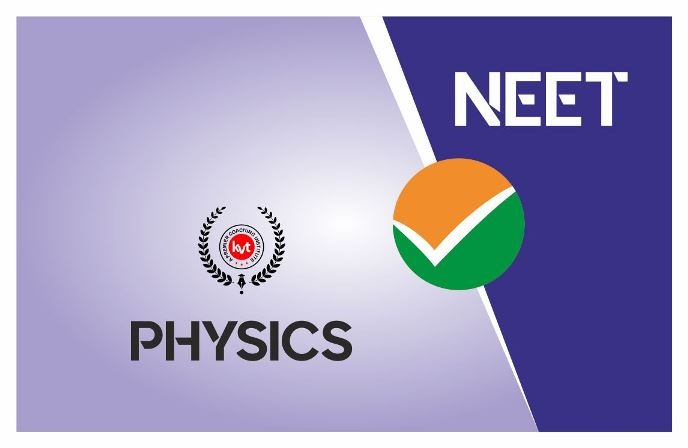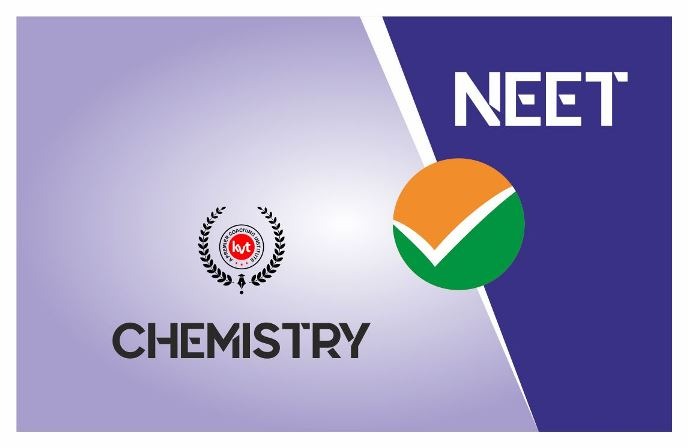Best JEE Coaching in Delhi
The JEE (Joint Entrance Examination) is an entrance exam for admission to undergraduate engineering programs in India, primarily in prestigious institutions like the Indian Institutes of Technology (IITs), National Institutes of Technology (NITs), and other government-funded technical institutions. Engineering Profession is to invent, design, analyze, build and test structures and materials. There are many branches of engineering, including civil, mechanical, electrical, etc. JEE serves as a standardized test to assess a candidate's knowledge and understanding of subjects like Physics, Chemistry, and Mathematics, which are essential for engineering studies.
There are two main stages of the JEE:
JEE Mains – The first level, which serves as a qualifying exam for JEE Advanced and offers direct admission to various undergraduate engineering programs in NITs, IIITs, and other institutions. The JEE Main Exam consists of two papers:
Paper-I: For admissions in B.E./ B.Tech and
Paper-II. For admission in B.Arch, B.Planning courses.
JEE Advanced – The second stage, which is specifically for admission to the IITs and is usually taken only by candidates who qualify in JEE Main.
Best NEET Coaching in Delhi
The NEET (National Eligibility cum Entrance Test) is an entrance exam in India that serves the purpose of determining eligibility for admission to undergraduate medical and dental courses, such as MBBS, BDS, and other related courses. It is conducted by the National Testing Agency (NTA).
The main purpose of NEET is to provide a single, unified platform for students to apply to various medical colleges across India. By scoring well in NEET, students can secure admission to government and private medical institutions based on their merit and category.
Mentors for JEE / NEET
All our mentors are masters qualified and having 15+ Yrs. of expertise in their subject. They understand how to mentor students for JEE / NEET Level.
Mr. Arvind Singh
Faculty Physics (JEE / NEET)
[22+ Yrs. Exp.]


Mr. Arvind Kumar
Faculty Chemistry (JEE / NEET)
[14+ Yrs. Exp.]
Mr. Pankaj Sharma
Faculty Mathematics (JEE)
[16+ Yrs. Exp.]




Pattern of Studies
● Interactive Classes
● Home Assignments
● Class Notes
● Periodic Class Tests
● Student's Monthly Report
● One to One Attention
● Doubt Classes
● Syllabus Revision
Report Analysis Parameters
● Tests Marks
● Attendance
● Class Discipline
● Class Response
● Home Assignments
● Student's Comparison with Class
● Last 3 Months Performance
● Special Remarks
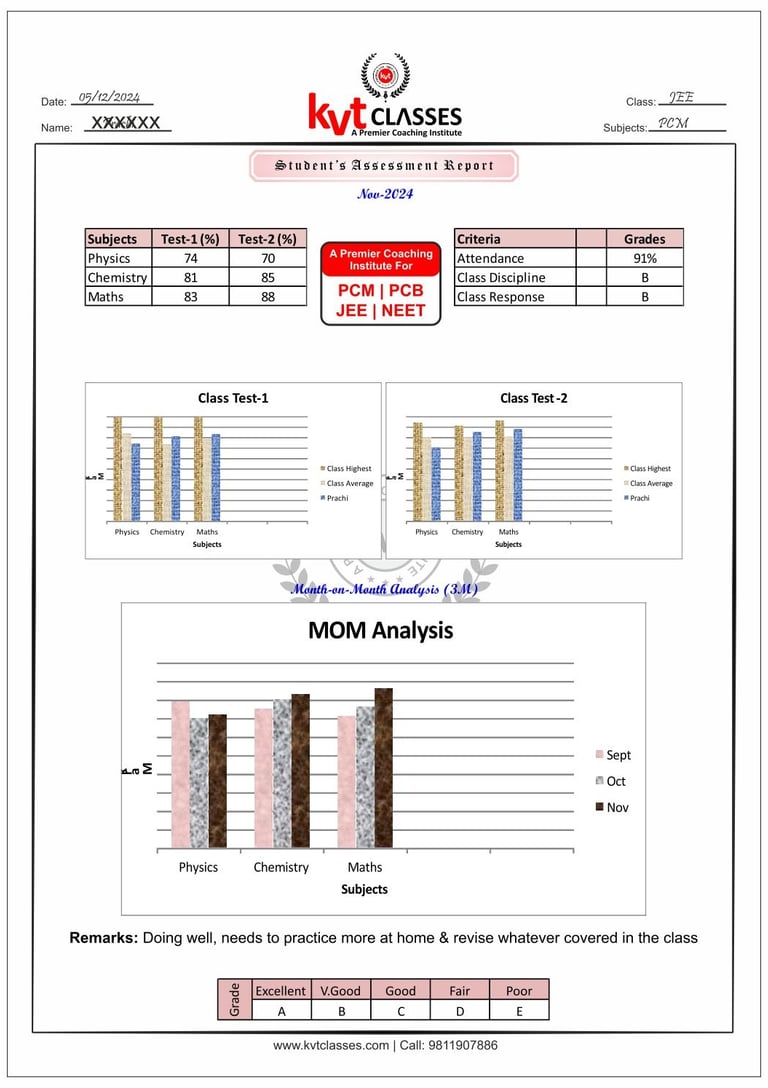

Student's Sample Report
Class Tests
● Two tests per subject in a month
● Test schedule on Saturday in extra hours
● Result within 1 week of test conduct
● Test discussion on result day
● Mistakes rectification briefing
Conduct of JEE Classes
● On board explanation with notes
● Make Concept clear with practical examples
● Interactive class sessions
● Home work / Assignment at the end of the class
● Home work / Assignment check in the next class
● Quick recap of previous class in the next class
● Two tests per month/subject on Saturdays
● Class duration 1.5 Hr/sub alternate days (4.5Hrs./wk)
● Extra classes provided when needed
Classes Schedule 2024-25
JEE for Class XI / XII / Dropper Batch
Note: Class Tests will be conducted on Saturday in extra hours
Conduct of NEET Classes
● On board explanation with notes
● Make Concept clear with practical examples
● Interactive class sessions
● Home work / Assignment at the end of the class
● Home work / Assignment check in the next class
● Quick recap of previous class in the next class
● Two tests per month/subject on Saturdays
● Class duration 1.5 Hr/sub alternate days (4.5Hrs./wk)
● Extra classes provided when needed
Classes Schedule 2024-25
JEE for Class XI / XII / Dropper Batch
Note: Class Tests will be conducted on Saturday in extra hours
Preparation Tips for JEE/NEET
Preparing for the Joint Entrance Examination (JEE) / National Eligibility cum Entrance Test (NEET) requires a well-structured plan, dedication, and consistent effort. Here are some preparation tips to help you excel in these engineering & medical competitive exams.
1. Understand the Exam Pattern and Syllabus
Understand the exam pattern (number of questions, marking scheme, etc) for JEE Main / NEET.
JEE Main / NEET : Focus on Physics, Chemistry, and Mathematics / Biology (equal weightage).
JEE Advanced: More conceptual and analytical questions.
Syllabus: Thoroughly go through the NCERT syllabus for Class 11 and 12, as it forms the foundation.
2. Create a Study Plan
Daily Schedule: Allocate time for each subject daily.
Weekly Goals: Set achievable targets for each week.
Revision Time: Dedicate time for regular revision.
Mock Tests: Include regular practice tests to assess your progress.
3. Focus on Conceptual Clarity
Physics: Understand concepts and practice numerical problems.
Chemistry: Focus on both theory (Inorganic) and problem-solving (Physical and Organic).
Mathematics: Practice regularly to improve speed and accuracy.
Biology: Emphasize diagrams, definitions, and conceptual understanding.
4. Use the Right Study Material
Books:
Physics: HC Verma, DC Pandey
Chemistry: NCERT, OP Tandon, MS Chauhan
Mathematics: RD Sharma, Arihant, ML Khanna
Biology: NCERT, Trueman’s Biology, GRB Bathla Publications
5. Practice Previous Years’ Papers
Solve at least 10 years of JEE Main and Advanced papers.
Analyze your mistakes and work on weak areas.
6. Take Mock Tests
Simulate exam conditions to improve time management.
Analyze your performance and identify areas for improvement.
7. Strengthen Your Basics
Focus on NCERT books for Chemistry and Mathematics / Biology.
Build a strong foundation in Physics concepts.
8. Time Management
Allocate time wisely during the exam.
Practice solving questions within a set time limit.
9. Stay Healthy and Positive
Sleep: Get 6-8 hours of sleep daily.
Diet: Eat healthy and stay hydrated.
Exercise: Take short breaks and engage in physical activities to stay fresh.
10. Stay Consistent and Motivated
Avoid procrastination.
Stay focused on your goal and maintain a positive mindset.
11. Seek Help When Needed
Clear doubts with teachers, mentors because concept clarity is the key.
KVT Classes help you clear every concept, but self-study is equally important.
12. Revision is Key
Regularly revise formulas, concepts, and important topics.
Make short notes for quick revision.
13. Avoid Common Mistakes
Don’t ignore any subject or topic.
Don’t rely solely on shortcuts; focus on understanding.
Avoid last-minute cramming.
14. Stay Updated
Keep track of exam dates, admit cards, and any changes in the exam pattern.





